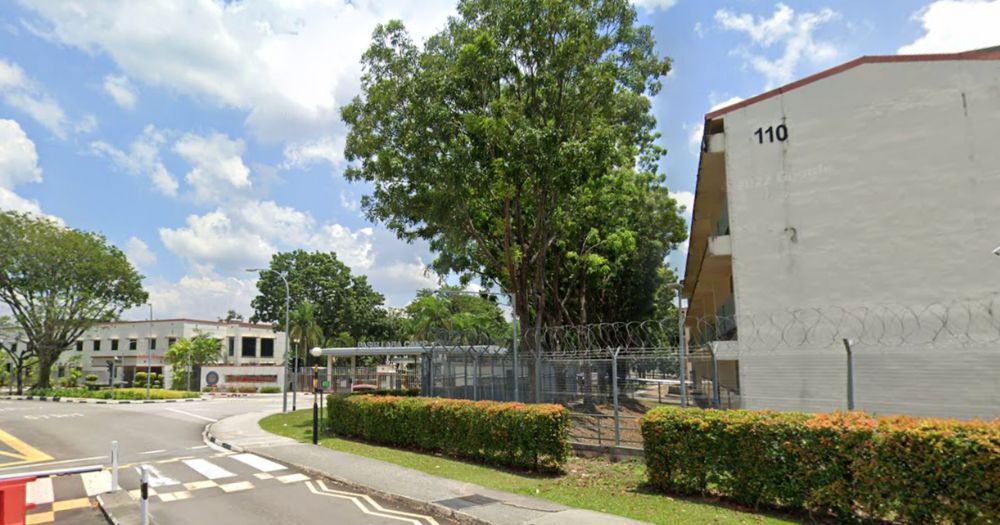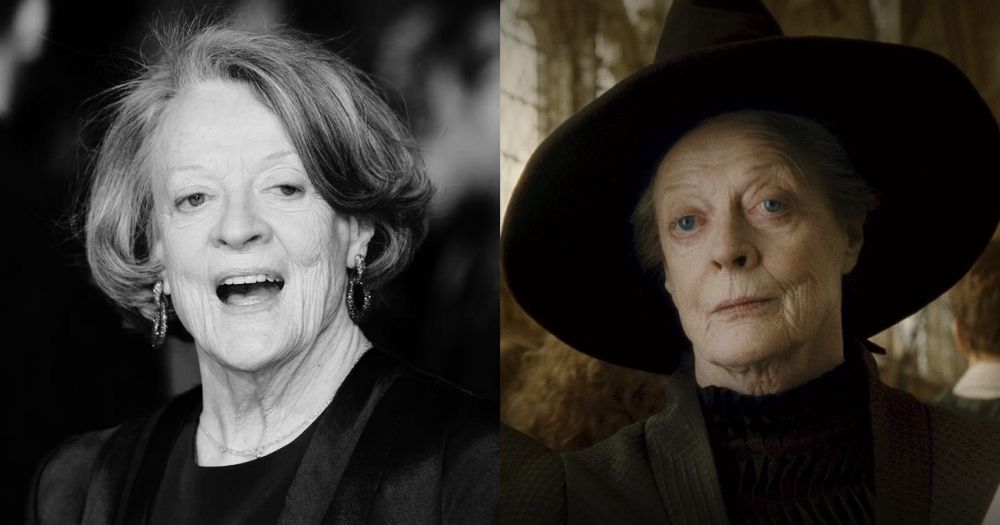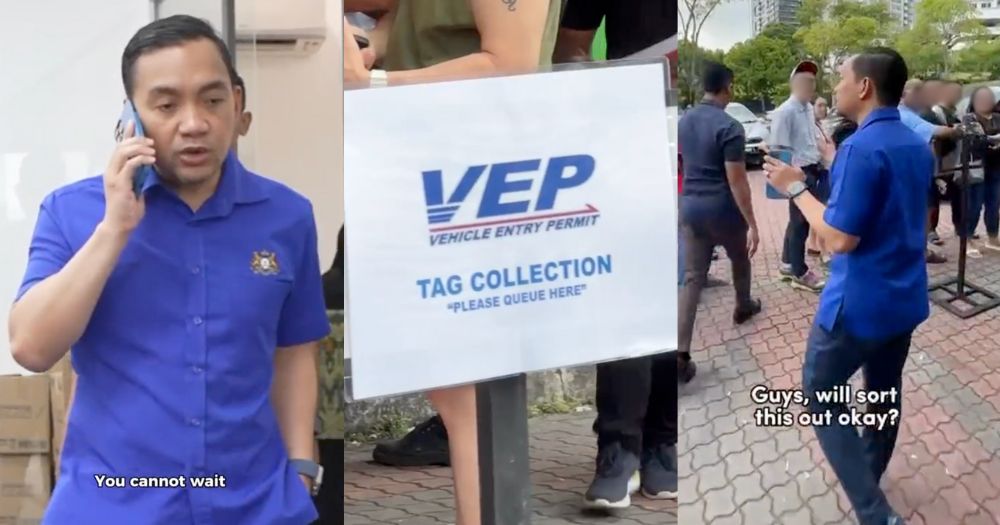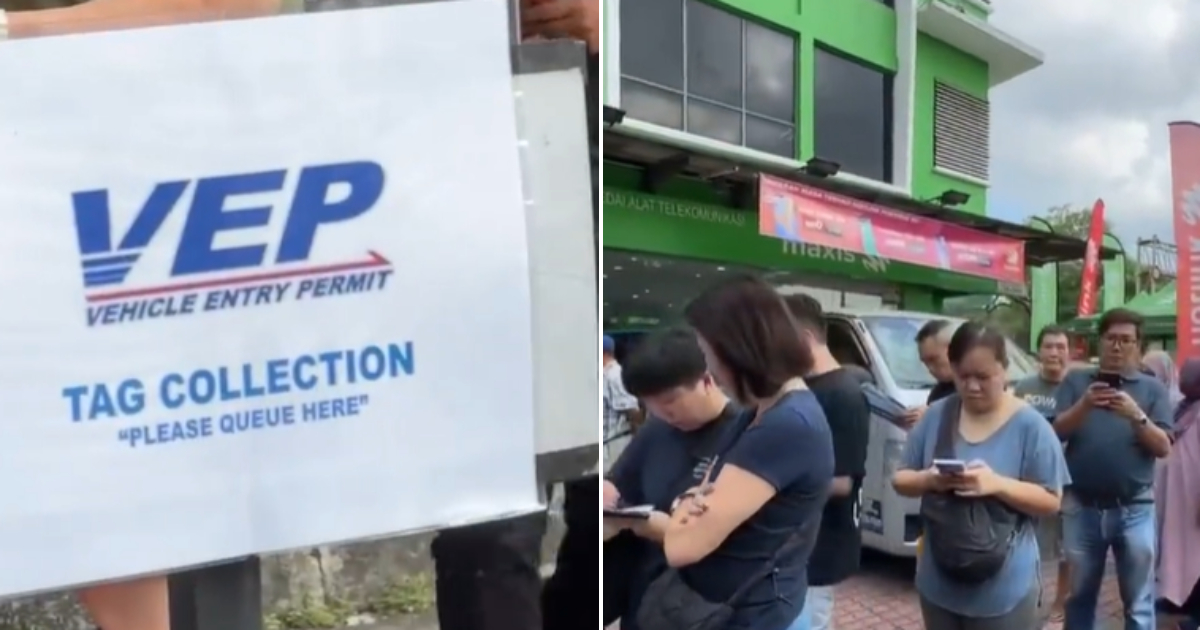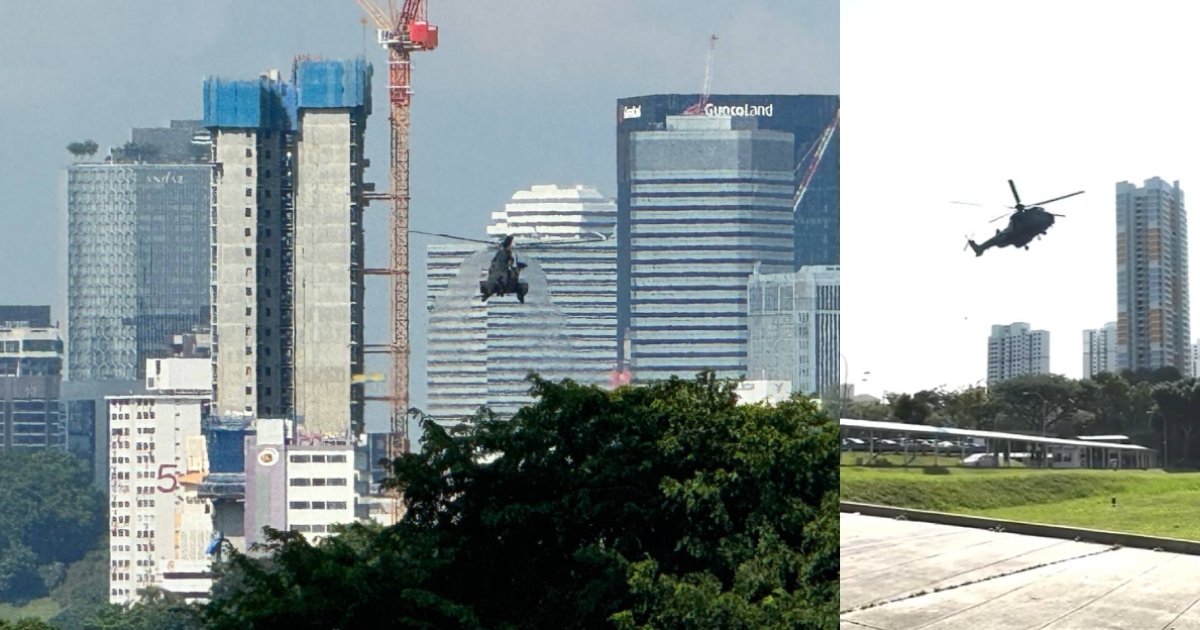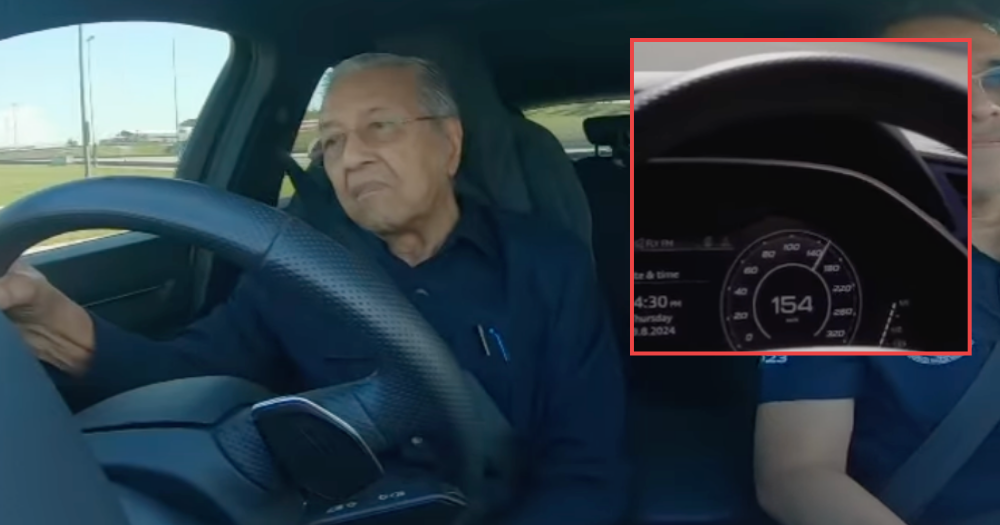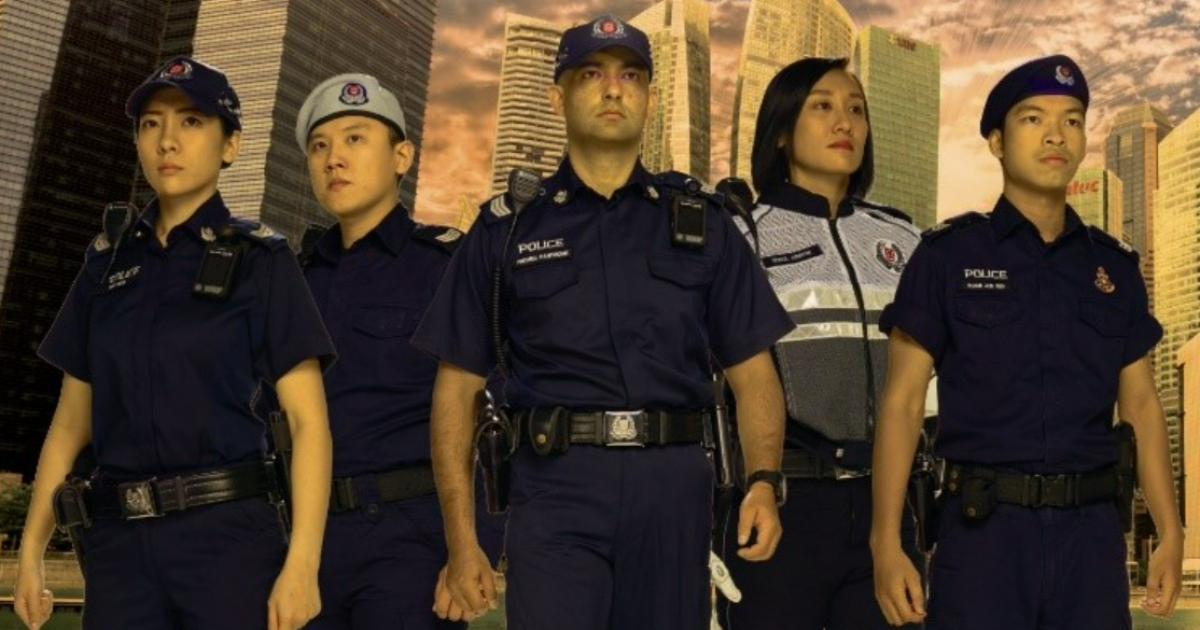S’porean man turned his apathy into advocacy following climate rally
“If something is worth doing, you’ll make time for it.”
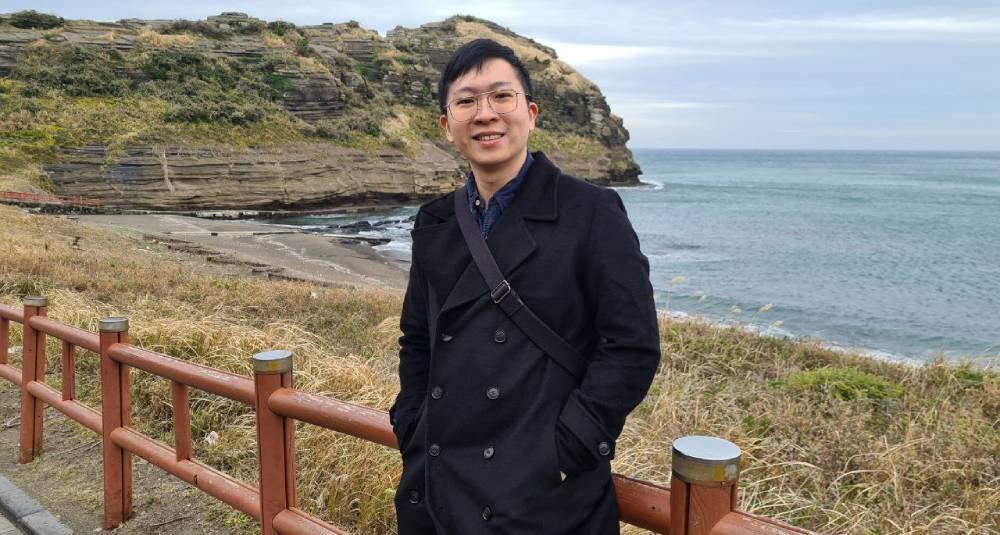
I’d always had the impression that Singapore’s youth these days are largely apathetic and unaware about politics and government policies, that is, until I met Isaac Neo.
The 30-year-old Singaporean was first intrigued by climate issues in 2018, spurred by the wave of youth-initiated movements on climate change and move towards sustainability.
That was also the year which Singapore designated as the “year of climate action”.
Neo attended the SG Climate Rally in 2019. It was the first-ever physical climate rally and one which left a deep impression.
“It was the first time that I attended such a rally and it made quite an impression because I thought issues pertaining to climate change, environmental science, were best left to the scientists,” said Neo.
He had graduated from the National University of Singapore with a political science degree and had always had a keen interest in sociopolitical issues, but never really found a way to get involved, till then.
Taking the first step
That was when Neo started to sit up and pay attention to issues in the environmental space and how he could get involved.
His reasoning was surprisingly simple, at least to me.
“It’s an issue that will affect youth the most, so we should participate in it.”
Neo also thinks of the lower-income groups and low-wage workers who may potentially be severely impacted by climate change.
He highlighted that blue-collar and migrant workers are likely to experience the brunt of it as they are unable to work indoors with air-conditioning.
He began volunteering for the Climate Rally’s subsequent events.
For the past two years, Neo has also been hosting a podcast, SocialService.sg focused on civic engagement and action.
But it didn’t stop there.
In 2023, Neo, who works as a travel security risk manager at Google was spurred to action by an email he received from the National Youth Council (NYC), calling for participants to join its inaugural Youth Panels.
Making himself heard
The Youth Panels initiative aims to allow young Singaporeans aged 15 to 35 to co-create policies that will not only affect them but also the rest of the nation.
Their research and proposals may eventually be tabled in Parliament for discussion.
With his interest in climate change, Neo decided to participate in this year’s #GreenHacks Panel, focused on solving issues on environment and sustainability.
Besides the #GreenHacks Panel, the panels also comprise #JobHacks, #LifeHacks and also #TechHacks, which tackle issues related to career and lifelong learning, financial security and digital well-being respectively.
Participants, guided by several advisors, go through the same processes as how government policymakers would.
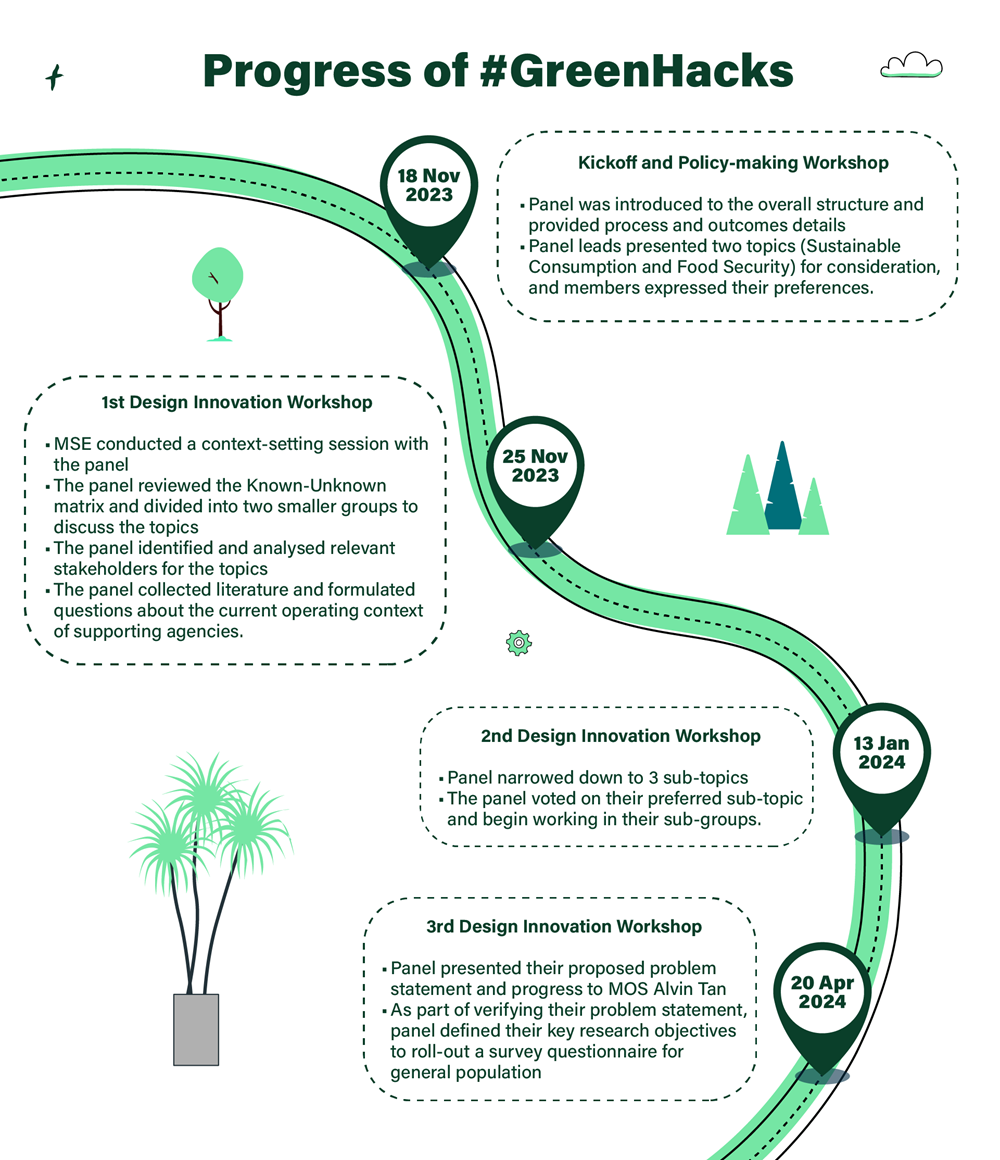 Photo of #GreenHacks Panel’s Key Milestones via NYC’s website.
Photo of #GreenHacks Panel’s Key Milestones via NYC’s website.
Since November 2023, the teams have defined the problem they are tackling, dived into research on the topic, conducted field trips and gathered viewpoints from the public and stakeholders, before presenting their solutions to a panel.
Along the way, the teams have also held in-person meetings with actual policy makers in the different ministries, who provided insights into their own journeys and pain points when it came to formulating past and existing policies for Singapore.
Neo’s #GreenHacks Panel is currently evaluating a proposal that would look into encouraging recycling among HDB households, examining ways to address the “40 per cent contamination rate” of domestic recyclables and generally low rate of recycling.
“We felt that there is still a significant lack of public awareness about the importance of recycling,” said Neo.
Meeting like-minded people
Since November 2023, Neo, who is part of the research sub-group, has had several meet-ups with his panel members, both physical and virtual.
I asked him what it felt like the first time that he met his other team members, wondering if it was akin to a meeting of kindred souls.
But the group was more diverse than I thought.
Members of the group, comprising about 30 people, come from all walks of life, Neo shared.
They range from junior college students to those slightly older than him with more working experience.
He recalled how he was both excited yet apprehensive the first time he went for the Youth Panels’ first in-person introductory meeting.
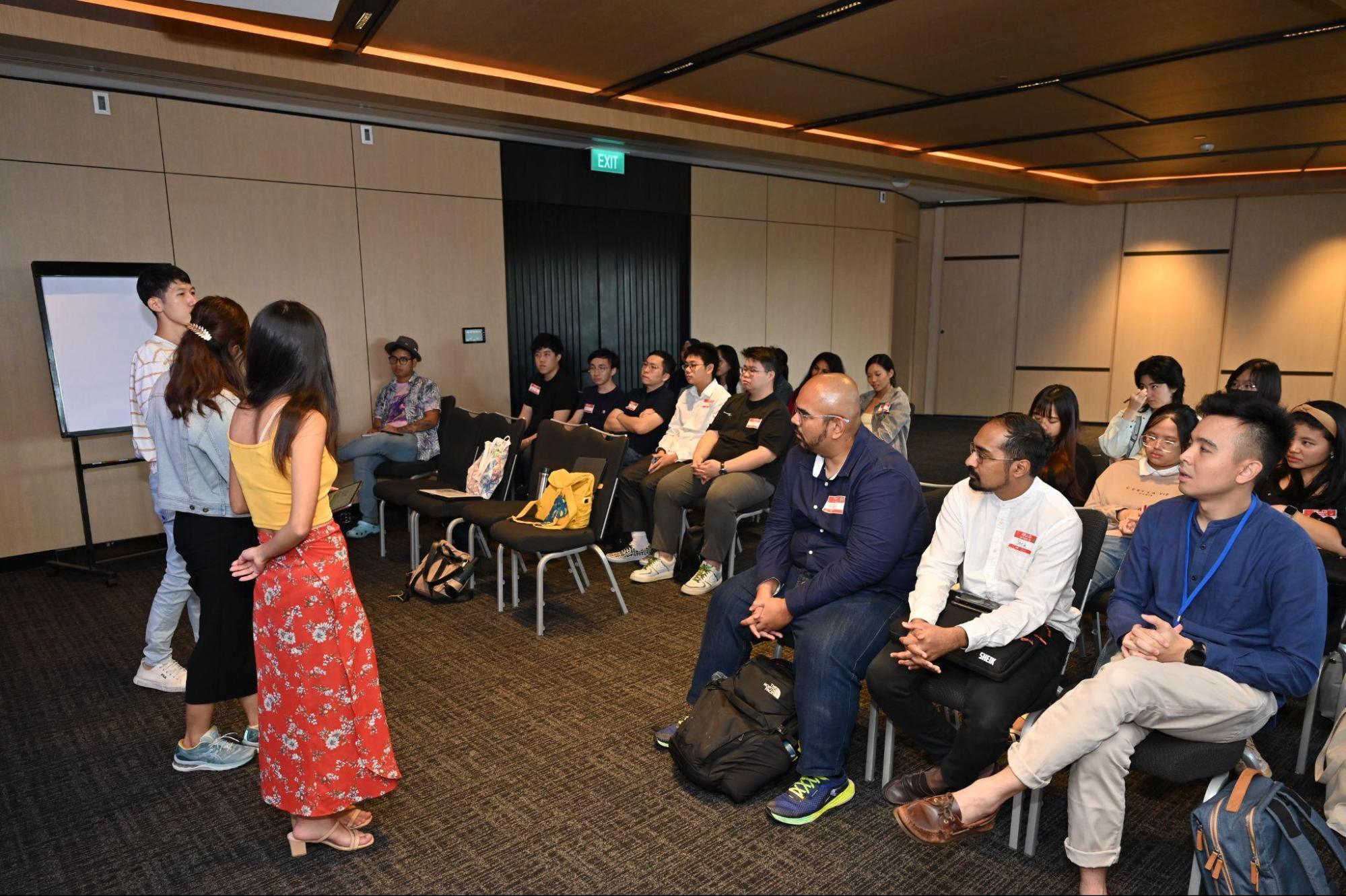 The first introductory meeting among the Youth Panel members. Image via NYC.
The first introductory meeting among the Youth Panel members. Image via NYC.
“I was excited about the whole process, but there was some uncertainty because I signed up alone and I would have to get to know new people, not knowing if we’d be able to work well together,” Neo expressed.
Disagreements and feelings of frustration must most certainly arise for such a large group, I wondered, to which Neo agreed.
But he was relieved that they have so far been minor and easily resolved during face-to-face meet-ups once a month.
“NYC created a safe space for us to voice out our disagreements and see others’ points of view, which was very good,” said Neo.
Besides their dedication to the cause, what surprised him most was how bold participants were in throwing out ideas on issues they wanted to resolve.
“People were comfortable in pushing for different ideas, and I’d have thought that Singaporeans at large would not push for such ideas,” said Neo.
The challenge that many of them faced, said Neo, was that a majority did not come from an environmental science background and had to grapple with getting up to speed on the existing whitepapers and information surrounding the problem they were trying to solve.
This also involved looking at the Ministry of Sustainability and the Environment’s plans to see what was needed.
“One thing we identified from Singapore’s recycling statistics was the high contamination rate and that for certain materials such as plastic, the recycling rate in Singapore is much lower than the global average. So we thought it would be a good issue for us to tackle,” said Neo.
His domain of responsibility as a member of the research sub-group was to comb through those policies and craft the literature review, as well as survey questions for the public.
Opportunity to effect change
Witnessing the sheer amount of work that goes into crafting a policy, however, has been an eye-opener for Neo, but he is glad for the opportunity.
It has given him a broader view of all the trade-offs and considerations that policymakers have to take into account – things which he might not have even thought of.
“The whole process from research to surveys and focus group discussions, all these are quite new to me and it’s the first time I’m involved in such a process.” shared Neo.
Now, if Neo were to encounter a policy he doesn’t understand, he said he might be able to have an idea of the intention and what was taken into consideration in the process.
I’d thought it was a cool experience too, that he actually got to meet with actual policymakers who had a hand in crafting the policies we have in Singapore today.
Neo said: “Seeing the whole process and getting the exposure to policymakers, learning how they think and seeing how they work; just seeing the amount of work that goes in has been quite eye-opening.”
When asked what his best memories from the whole experience were, however, he answered that it would have to be the people, more specifically, the interactions he’s had with his teammates.
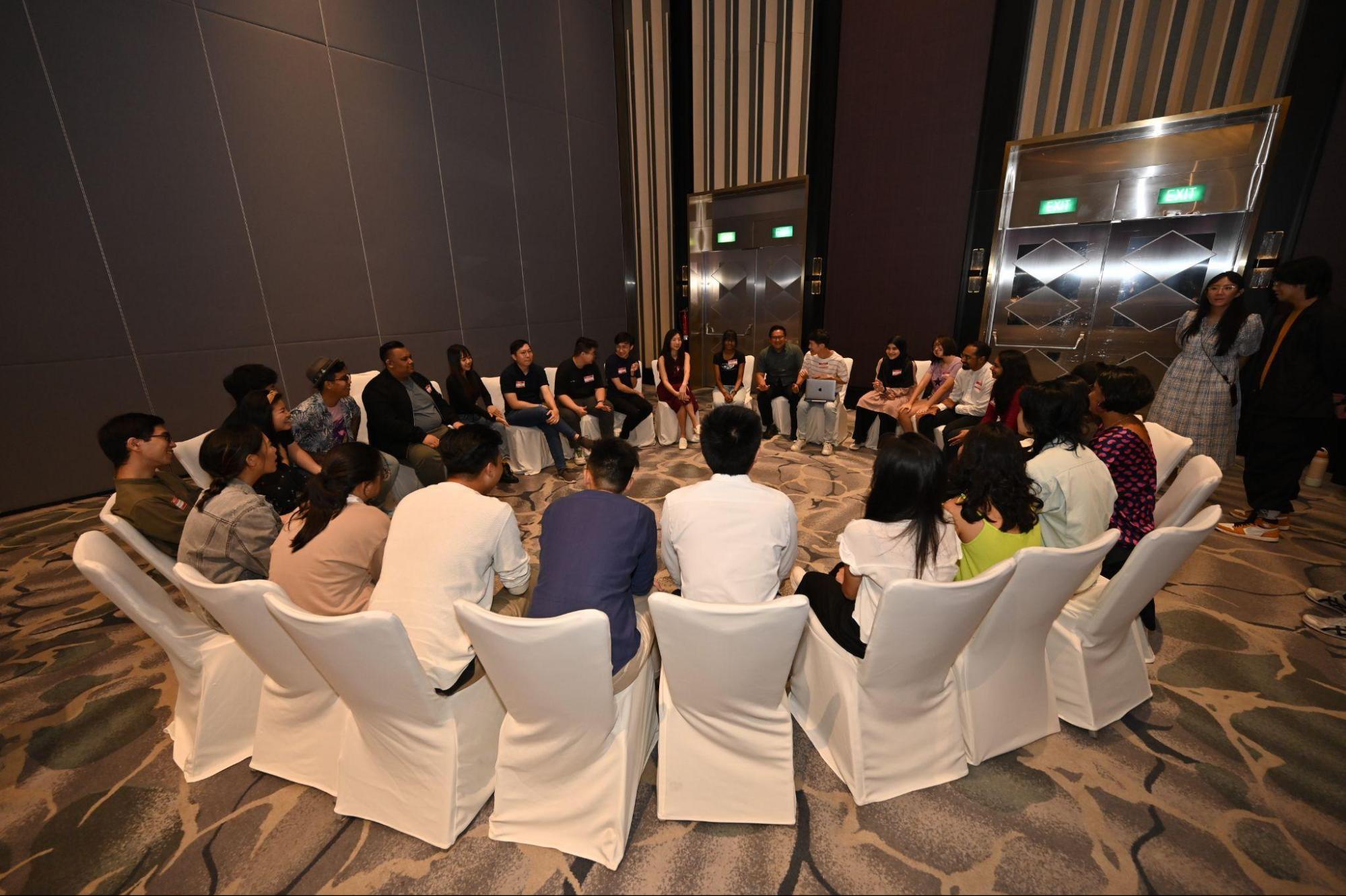 Neo’s #GreenHacks Panel members convening for a discussion. Image via NYC.
Neo’s #GreenHacks Panel members convening for a discussion. Image via NYC.
“I guess my biggest takeaway is interacting with a diverse group of youths from different backgrounds, learning their motivations and also seeing how we all are able to work towards the same goal in a constructive and amicable manner.”
What is important to you?
I wondered aloud, however, if the reason behind some young Singaporeans’ apathy towards policy issues might be the underlying sentiment that it will ultimately be a fruitless endeavour.
And while there is “no guarantee” that the suggestions in their policy paper will be taken up by the ministry in the end, to Neo, it’s still a step in the right direction.
“If we don’t make our voices heard, policymakers won’t know what people want,” said Neo.
His worry is that youths may feel hesitant to get involved because they don’t feel that they’re well-equipped with sufficient knowledge and information.
“I guess they’re afraid that they don’t know enough about a certain topic and they might look stupid. But then, when we all got started we didn’t have perfect knowledge… so the best way to learn is to get started in the whole process,” he said.
He concluded that there’s nothing much to lose by contributing: “It doesn’t really cost you anything, except time”.
“I would say if something is worth doing then you'll make time for it,” said Neo.
Interested to find out more about the work of the Youth Panels? Sign up for the Youth Policy Forum to share your views on the policy recommendations presented by the panels here.
This sponsored article by NYC made this writer reminisce about her younger days.
Top photos courtesy of NYC.
MORE STORIES





